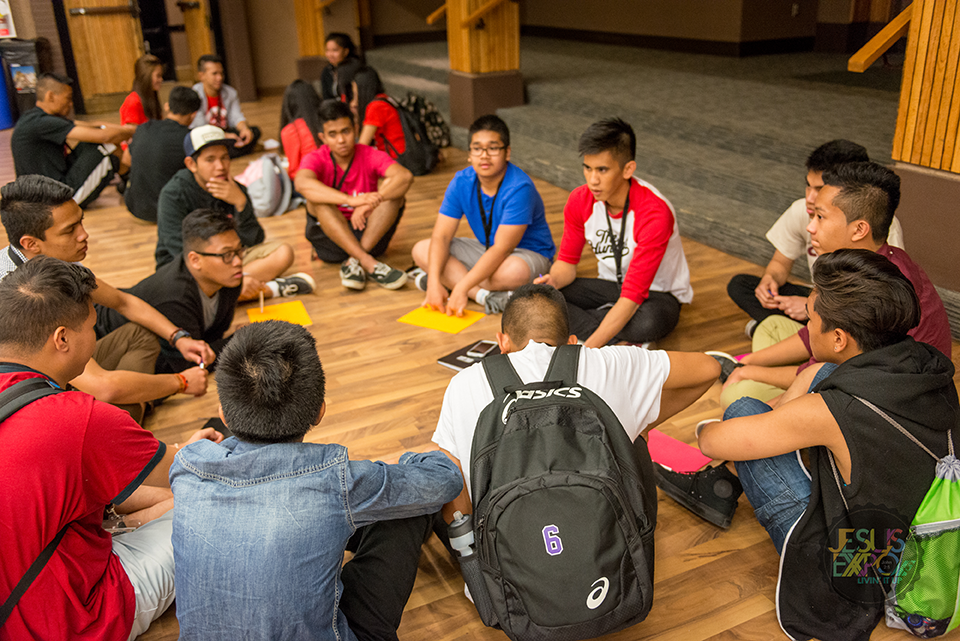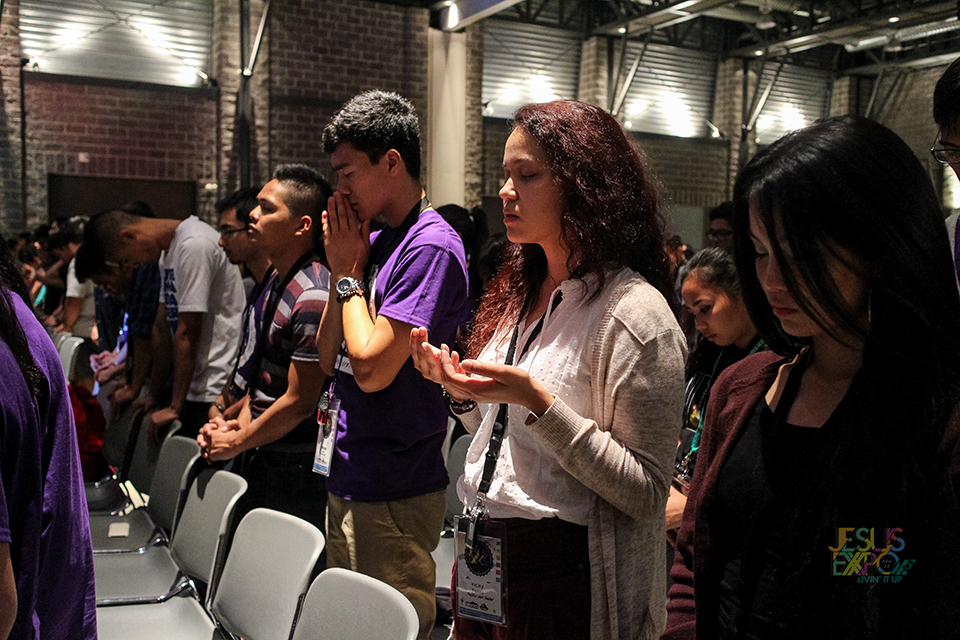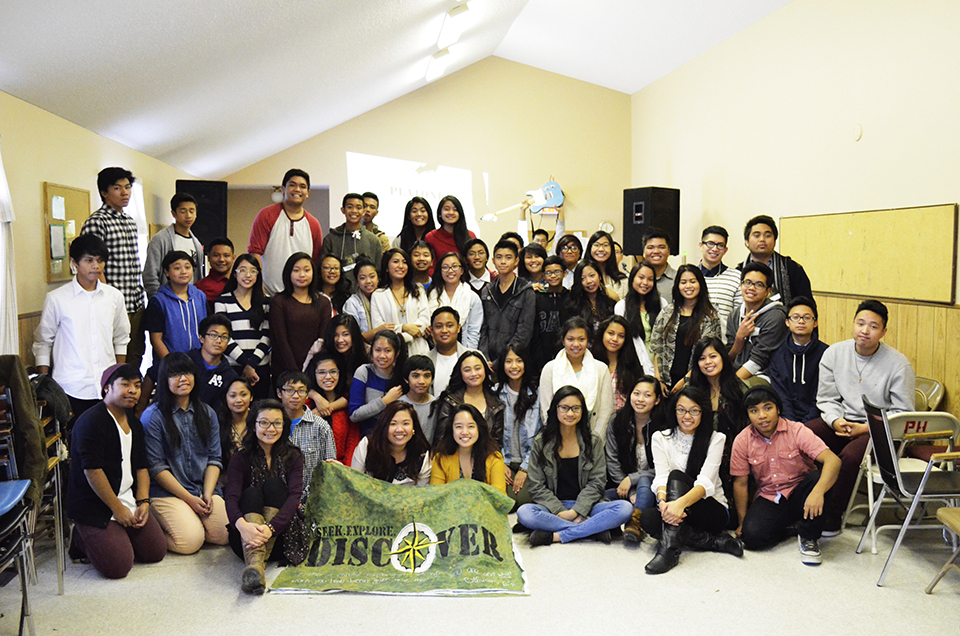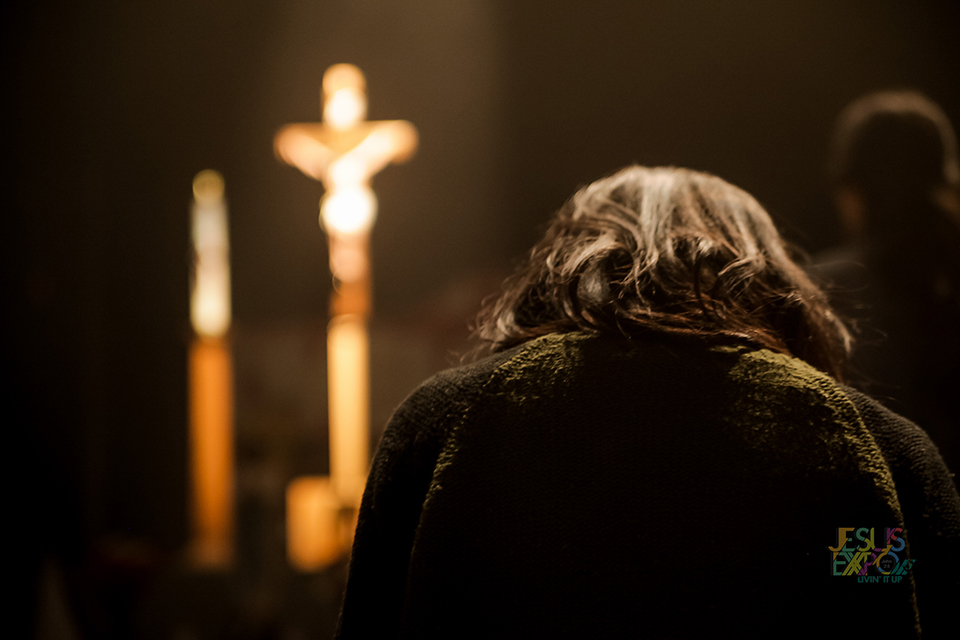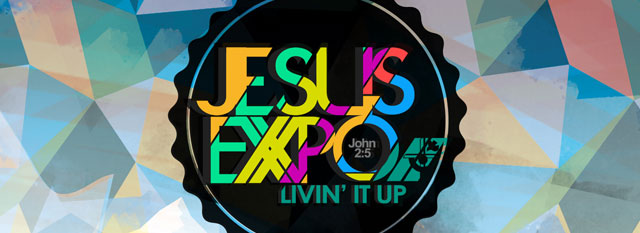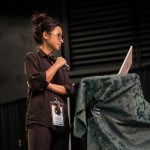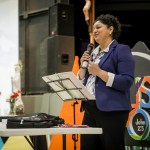A group of brothers discuss their questions on the Theology of the Body during Father Nelson Antao’s workshop at the University of Calgary on August 17, 2013. (Photo: Paolo Aquino)
The body in fact, and only the body, is capable of making visible what is invisible: the Spiritual and the Divine”. (Blessed Pope John Paul II)
When I first sat down in the Theology of the Body workshop given by Father Nelson Antao of St. Peter’s Parish in Calgary, I thought I had a pretty deep understanding of what the workshop would be about: “Don’t watch porn, your body is the temple of the Holy Spirit, our bodies are a gift from God”. I was convinced that all this workshop would be to me was a reminder of the things I already knew.
By the time everything was finished, I realized that I knew very little about the topic of the Theology of the Body. I only had a basic notion towards a complex reality. And I was humbled by the fact that I left the workshop with more questions than answers which only goes to show that, perhaps, there’s a much deeper importance and relevance to this topic than what the majority of teenagers today think. Even right now, as I delve into this reflection, all I have are pieces to a much bigger puzzle that I myself am journeying to completely comprehend.
Father Nelson first explained that the Theology of the Body is the study of God as revealed in and through the human body. He then went on to explain that the “body” and “soul” are actually one, that the body makes visible what is supposed to be invisible (the soul). This is done through the language of our bodies and this common language of the male and female body is love. God himself took on a body to show us how to spread love and how to unite us back to him. So ultimately, we cannot truly value love by intensity or passion, but rather as an act of will.
This part makes sense since many philosophers understand the concept of “soul and body” as two separate beings, but us Christians see the “soul and body” as one. So when the world looks to define the concept of love they point to fleeting and ephemeral pleasures. But when Christians look to define love we simply point to Jesus. This is so apparent with Hugh Hefner’s attempt to justify sex and nudity as being okay. He leaves out the truth that the human body is sacred and is beyond our worldly desires. For as Father Nelson himself said during the workshop, “A body is made to seek God, and until we find God, our soul will be restless”
I was very affirmed by that statement, mainly because it was so thoughtful, yet very exact. And for the first time during the entire workshop, I understood the message. So as I continue to reflect on this topic, I can only conclude in the same matter that Father Nelson did. Understanding that no words or texts can fully explain the true value of love; Jesus.
So when Father Nelson perfectly ended the workshop by leading us all into adoration, we all just knelt down and looked in awe, seeing love for what it is really it.
MJ Abella, CFC-Youth Mountain Region

